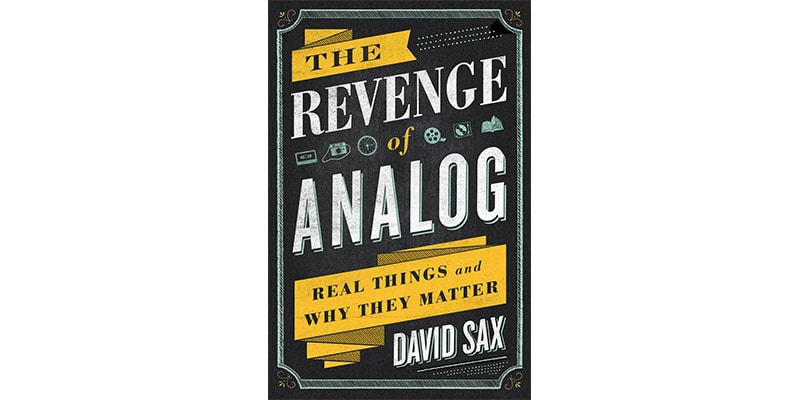|
I cannot deny my bias. I love maps. Big maps, small maps, population maps, road maps, geological maps, economic maps. Paper maps and digital maps. Old maps, new maps, and atlases of every conceivable type. I am not alone: I run into map lovers everywhere I travel. For map lovers, maps are works of information and art, things of beauty and imagination. One of my “excuses” for not reading fiction is that I fantasize by studying maps; I imagine “being there.” I become nostalgic when I retrace my past drives, walks, train rides, and flights.
But even if I were not so enthralled with maps, I would still endorse their importance and value to society. And not just digital maps in all their forms – in GPS systems, at Google maps, or in MapQuest – but good, old-fashioned paper maps.
Anyone who has used digital map tools has likely run into the common problems they present. Roads that don’t exist – at least in the databases. Showing up at 12562 Interstate Highway 10 West, only to find out it is on the other side of the freeway, which takes another 15 minutes to reach. Following the MapQuest directions and getting totally lost. Hearing a voice say “turn left now” – across eight lanes of traffic. Searching for a highway the locals call "MoPac" while in the databases call it “Loop 1.” Finding construction which was not in the system.
Ultimately, improvements in databases and technology may eliminate such annoyances. But my reasons for supporting paper maps (and atlases) go well beyond these.
Perhaps I can best make my case for the importance of maintaining and making paper maps by discussing the use of maps in driving around a city.
I recently was driving to an important meeting. I had barely enough time to get there. There was a wreck ahead of me which closed the freeway. All vehicles were diverted onto another road. Had I only used MapQuest directions, I would not have had a clue about possible alternative routes and shortcuts. Even with a sophisticated GPS system, I would have gotten blisters on my fingertips trying to scroll around and find my options. But luckily I had a plain, old-fashioned paper city map handy, and at a stoplight flipped it out and quickly found a detour that saved me a critical 15 minutes.
In another drive, in a strange city, I found myself actually running ahead of schedule, with 40 minutes to kill. While my GPS could let me know where a bookstore or shopping center might be, it did not tell me that I was only minutes away from a cool small museum, or a cemetery where a former President was buried.
My paper map tells me what is around me. My paper map gives me more options.
Google Maps and GPS systems, fine as they are, are limited to small areas of land. Or you must sacrifice detail to see a bigger area. On the other hand, a big folding state, city, or national map lets me know my context. Paper maps are printed at resolution levels 20 times as great as any electronic screen, allowing intense levels of detail.
Just as quality battle maps have served our generals and admirals well, good maps allow us to better understand where we are at and where we might be. Few things are more important than understanding our context; few things are as rare in today’s society. Maps are critical to the lives of informed citizens.
(Any of the large format road atlases to the right would serve as an ideal atlas of the United States – I keep a copy in my car, one in my office, and one in the house.)
|
|












I agree with everything you said! I hope Map reading is a skill still taught in school. I am not sure if it is. I rely on my paper maps in the car instead a GPS (well, I don’t have a GPS, but then again I turned down the option when I got my new car because I knew they were notoriously glitchy just as Mapquest can be).Thanks for your article. Cool site you have!
Comments are closed.